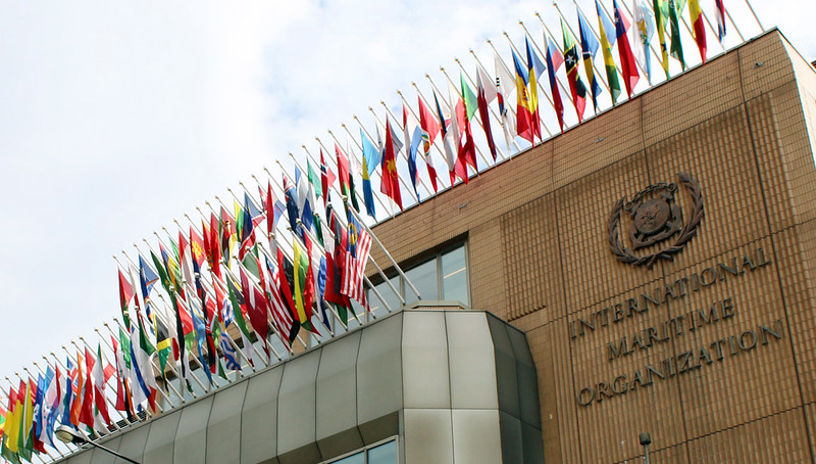IMO adopts historical agreement on net zero emissions target for 2050

The International Maritime Organization (IMO) has adopted its revised climate strategy. The strategy calls for international shipping to reach net zero GHG emissions by 2050.
- This is a historical agreement, and the IMO is showing genuine leadership by adopting a goal of net zero emissions in 2050. With this, the IMO responds well to the calls from the industry, which has long supported higher ambitions from the IMO in terms of reducing shipping's greenhouse gas emissions. It is important for the entire international industry that the same rules are applicable for all players. Leadership from the IMO will also be crucial to avoid further regionalization of regulations for international shipping, says Harald Solberg, CEO of the Norwegian Shipowners’ Association.
The IMO's initial climate strategy was adopted in 2018. It set a target to reduce greenhouse gas emissions from international shipping by at least 50 % by 2050 compared to 2008 levels. The IMO has been working to develop a revised climate strategy, now adopted at the IMO’s environmental committee meeting this week.
In addition to the goal of net zero emissions in 2050, the member states agreed on emission reduction milestones of 20 % in 2030 (strive for 30 %), and 70 % in 2040 (strive for 80 %).
The IMO has also adopted a timeline for the adoption of new technical and economic measures to ensure that shipping reaches the new climate targets. The timetable means that the new measures will be adopted in 2025 and come into force in 2027.
- The Norwegian Shipowners’ Association has long advocated a global levy on emissions from international shipping through the IMO. We believe it will be an effective and important tool for reducing emissions, contributing with financing to reduce negative impacts in developing countries and financing the green transition in shipping. It is positive that the IMO has now adopted a detailed timeline for the preparation of new measures to cut emissions. We have no time to waste, says Solberg.